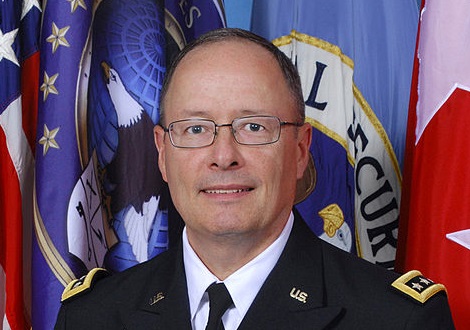
Hassan Rouhani (Wikimedia)
As the U.S. and its allies prepare for another round of negotiations with Iran over its nuclear program, powerful and wealthy opponents—from the halls of Congress to Middle East capitols—are maneuvering to torpedo them. At stake is the real possibility of a war with consequences infinitely greater than the 2003 invasion of Iraq.
When the U.S., Russia, China, France, Britain and Germany—the so-called P5+1—sit down with Iran’s negotiators in Geneva on Nov. 7, those talks will be shadowed by an alliance of hawkish U.S. Congress members, an influential Israeli lobby, and a new regional alliance that upends traditional foes and friends in the Middle East.
The fact that the first round of talks on Oct.15 was hailed by Iran and the P5+1 as “positive” has energized opponents of the negotiations, who are moving to block any attempts at softening international sanctions against Teheran, while at the same time pressing for a military solution to the conflict.
Read More








